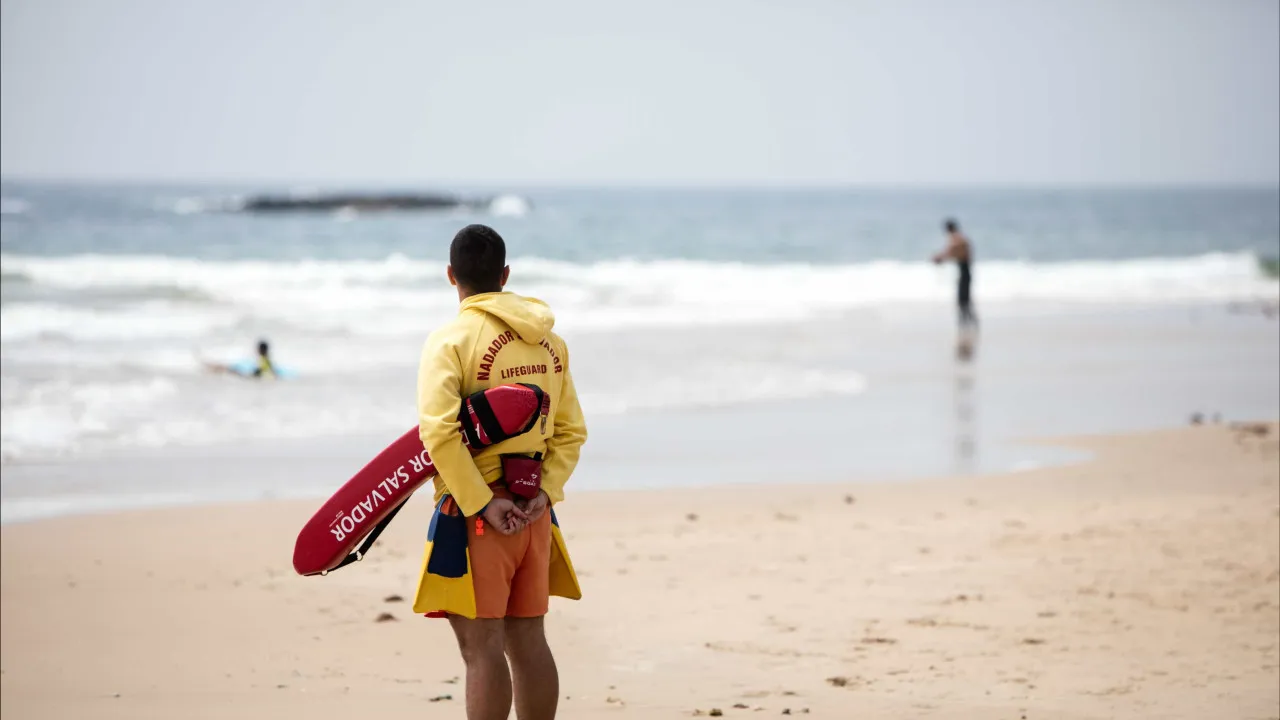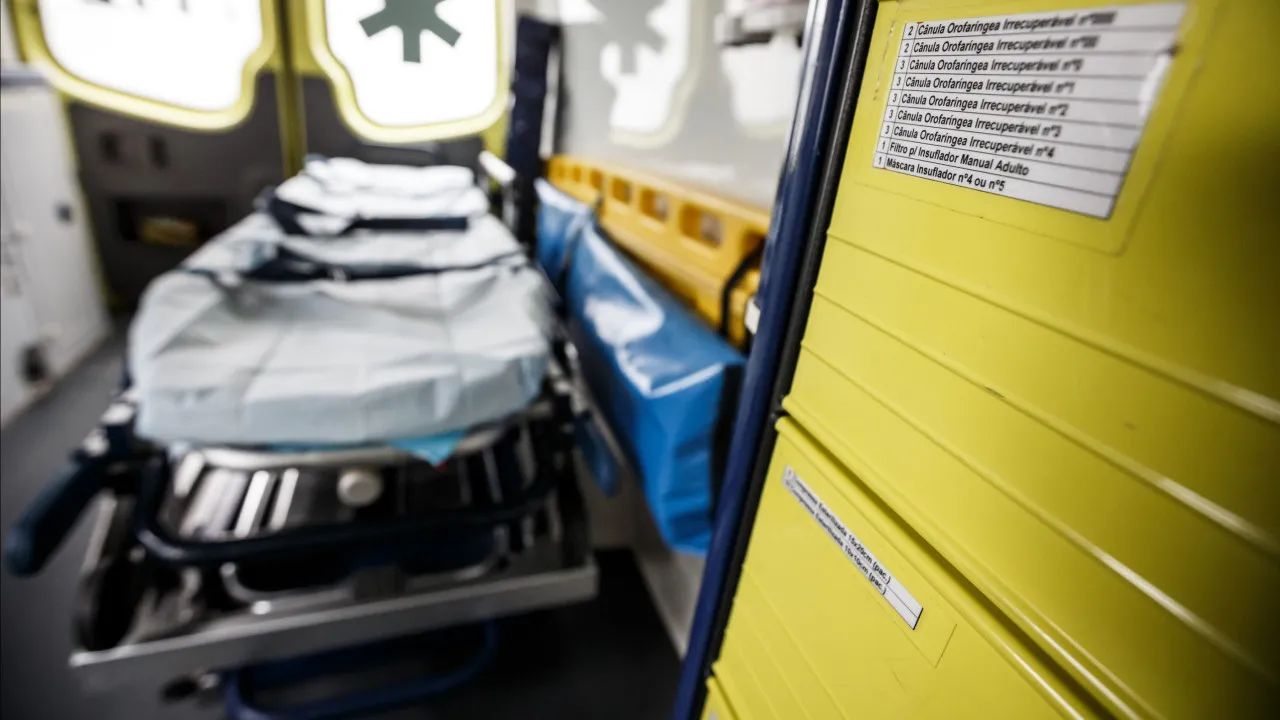
Training and recruitment bodies responsible for lifeguard services anticipate deploying about 700 lifeguards this year across the beaches of Espinho, Vila Nova de Gaia, Porto, Matosinhos, Vila do Conde, Póvoa de Varzim, Esposende, Viana do Castelo, and Caminha.
While a significant portion of the personnel is in place with schedules set, uncertainties remain in certain municipalities, such as Esposende in the Braga district and Caminha in the Viana do Castelo district, where there might be insufficient lifeguards.
“In Esposende, which has 14 beach stations, including three managed by the local council, it will be challenging to start the bathing season smoothly. So far, I don’t believe there are enough personnel for all the beaches,” said Rui Cardoso of the Viana do Castelo-based association Coordenada Decimal.
The situation is slightly better in Caminha, where the municipality covers supervision in five non-concessioned zones using the same association’s services, though the challenges remain similar.
The situation is more settled in Viana do Castelo, thanks to an agreement between the municipal council and the association allowing for advanced planning.
“Our lifeguard salaries are competitive, yet we still face shortages. We try to fill gaps with available individuals nationwide, such as from Braga, where many young people are willing to relocate,” Cardoso added.
Further south, in Póvoa de Varzim, Vila do Conde, Matosinhos, and Porto, the association Os Golfinhos oversees the training and recruitment of lifeguards. Carlos Ferreira assures readiness in staffing.
“We have 450 to 500 lifeguards for these municipalities, working in excellent coordination with the councils, which is crucial. The plan is complete and ready to be executed as the bathing season begins,” stated the association leader.
Carlos Ferreira highlighted incentives for attracting personnel, citing examples from Póvoa de Varzim and Vila do Conde, where local authorities reimburse lifeguard training costs if they work on local beaches.
“With this incentive and competitive salaries, we’ve been able to attract young people to this work. Additionally, we promote the profession through school activities,” he explained.
In Vila Nova de Gaia, home to one of Portugal’s longest coastlines, a protocol between the Summer Priority lifeguard association and the municipality ensures over 90 lifeguards are prepared, 55 of whom are on permanent duty.
“We haven’t faced difficulties, owing to improved conditions and salaries. A few years back, a lifeguard earned 600 euros working daily, and now it’s more than double. This attracts employees,” said spokesperson Frederico Rosa.
Even so, the Summer Priority president acknowledged the recruitment challenge and suggested initiatives to draw more young individuals into the occupation.
“Setting schedules in June is tough, as many candidates are university students with exams. Given the three-month term, they miss out on student-worker status and special exam periods. This is something that political policymakers should address,” he noted.
In Espinho and Ovar, the Safetynor association handles recruitment and training, overseen by Álvaro Brandão. He expressed concern over lesser municipal support compared to other areas.
“All shifts have been filled. It’s continuous work to ensure a stable team. Greater council support would be desirable,” Brandão shared.
Brandão also stressed that beach safety should be “a municipal task,” lamenting the lack of sufficient recognition for the association’s work, which will field roughly 50 lifeguards daily across the two municipalities.




